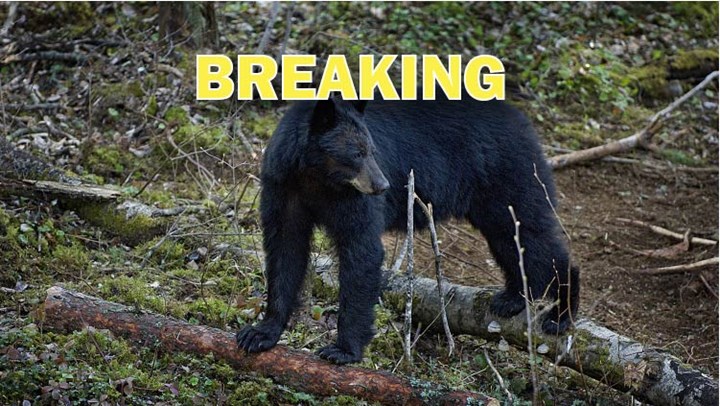
by Cody McLaughlin - Monday, November 19, 2018

As NRA’s Hunters Leadership Forum has previously covered, there is a battle currently raging in New Jersey courtrooms over an arbitrary and capricious executive order issued by Governor Philip Murphy. The move–driven by deep-pocketed anti-hunting extremist groups, including the Humane Society of the United States–flew in the face of the state’s Division of Fish and Wildlife scientists and state sportsmen and directed Department of Environmental Protection (DEP) Commissioner Catherine McCabe to close all public lands to the state’s black bear season during the hunt. Now a decision has been reached in the initial court case.
Earlier in the year, it was announced that a national coalition of sporting groups lead by the New Jersey Outdoor Alliance, Safari Club International and the Sportsmen’s Alliance joined forces to challenge Murphy’s executive order to close state lands to an ongoing legal and scientifically backed black bear hunt. The groups claimed that the governor’s Executive Order 34, filed on Aug. 20 was illegal under current state statute for three reasons:
1.) The closure of state lands to the bear hunt is arbitrary and capricious because it is impermissibly based on a political campaign promise, contrary to science, and materially conflicts with and undermines the 2015 Comprehensive Black Bear Management Plan;
2.) The administrative order that resulted from the governor’s Executive Order AO 2018-24 comprises an administrative "rule" and must be reversed because the DEP did not first conduct public comment as prescribed by New Jersey’s Administrative Procedure Act; and
3.) AO 2018-34 usurps federal law under the Pittman-Robertson Wildlife Restoration Act (P-R Act), which assigns such authority singularly to the DEP's Division of Fish and Wildlife (DFW), and arbitrarily and capriciously fails to consider the impropriety of a partial diversion of federal grant funds used for state wildlife restoration lands.
In a shocking move the Superior Court of New Jersey’s Appellate Division’s issued a decision late in the day on Friday, Nov. 16 upholding the governor’s public land closure on the basis that neither party to the suit offered sufficient evidence to move forward in either direction. The court sent the case back to the agency for a fact-finding hearing before an administrative law judge on the arbitrary and capricious claim, the strongest of the sportsmen’s groups’ claims to the illegitimacy of the closure. The court also outright rejected the two weakest of the groups’ three claims.
In response to the claim that the ban on state lands violated the federal Pittman-Robertson Act the court said in its decision, “appellants have no established right to bring a private cause of action against the State under this federal law,” and instead claimed that the sportsmen were private parties with no right to compel the enforcement of the Pittman-Robertson Act against a State and its officials in state court litigation in which the United States Government is not a party.
In response to the argument that the administrative-ordered closure of state lands for the bear hunt is procedurally invalid due to the lack of advance public notice and comment and formal rulemaking, the court ruled that the argument was invalid because “settled precedent establishes that such a closure is a proprietary, rather than a regulatory, action.” The court further claimed the proprietary authority in question is "the proprietary authority of any private or public landowner to determine whether to allow hunting on its land."
It has been said before but bears repeating: This fight, which is now all but destined to see the inside of the State’s Supreme Court, is one of the most important cases in the nation right now for sporting policy in America. If Murphy’s executive action unilaterally banning a legal hunt from state lands paid for by hunters and intended for the purpose of hunting, such as wildlife management areas, is allowed to stand, it will be an irreparable blow to North America’s Wildlife Conservation Model.
About the Author: Cody McLaughlin is a noted conservationist and conservative thought leader on the public policy issues of hunting, fishing, gun rights, free-market tax and wage policy and the environment. He currently works as a GOP consultant for conservative political causes, managing clients’ digital communications and online presence and as a trustee of the New Jersey Outdoor Alliance, managing communications and representing the state’s 1.2 million sportsmen in the political arena.
E-mail your comments/questions about this site to:
[email protected]
